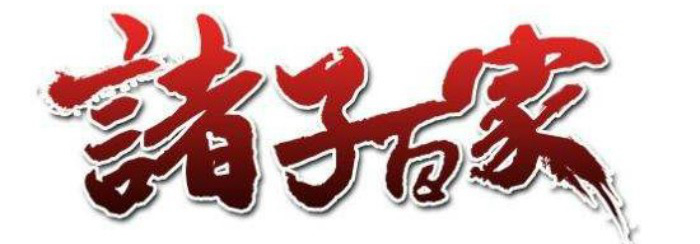During the spring and autumn period and the warring states period, a hundred schools of thought contended in China. At that time, the rule of the slave society began to decline and the new landlord class fought for its own interests. Political views vary, with representatives of each faction asserting their own positions. During this period, because poetic forms could not convey positive thoughts, prose of different schools stood out, and the result was called “the contention of a hundred schools of thought”.

These essays not only have philosophical value, but also have high literary quality, and have a profound impact on the literary creation of later generations. One of the most representative is the four books and five classics. In the long history of ancient China, this was the basis of education. The four books include the university, the analects, the doctrine of the mean and mencius; The five classics are the book of changes, the book of songs, the book of rites, the records of historical records and the spring and autumn annals.
From the perspective of development, hundreds of essays have experienced three stages: citation style, dialogue style and monographs style. In terms of content, the rational thoughts expressed mainly focus on society and life, including ways and forms. As far as language is concerned, they mostly focus on the pursuit of beauty through metaphor and fable. The analects of Confucius and laozi are concise and philosophical; mencius and zhuangzi are vivid and intelligent; xun zi and han feizi are logical and argumentation. Many of the verses became maxims and proverbs that are still in use today, and many of them, like Confucius and laozi, became masters of Confucianism and Taoism.
In the tang and song dynasties, prose has rich and wonderful output. It was in the tang dynasty that prose flourished. In the middle and late tang dynasty, han yu and liu zongyuan put forward the request of reviving the movement of ancient Chinese literature. The writers of the song dynasty kept the spirit of movement and set the example of excellent works. Han yu, liu zongyuan and six other prose writers are known as the “eight sons” of the tang and song dynasties.
Leave a Reply